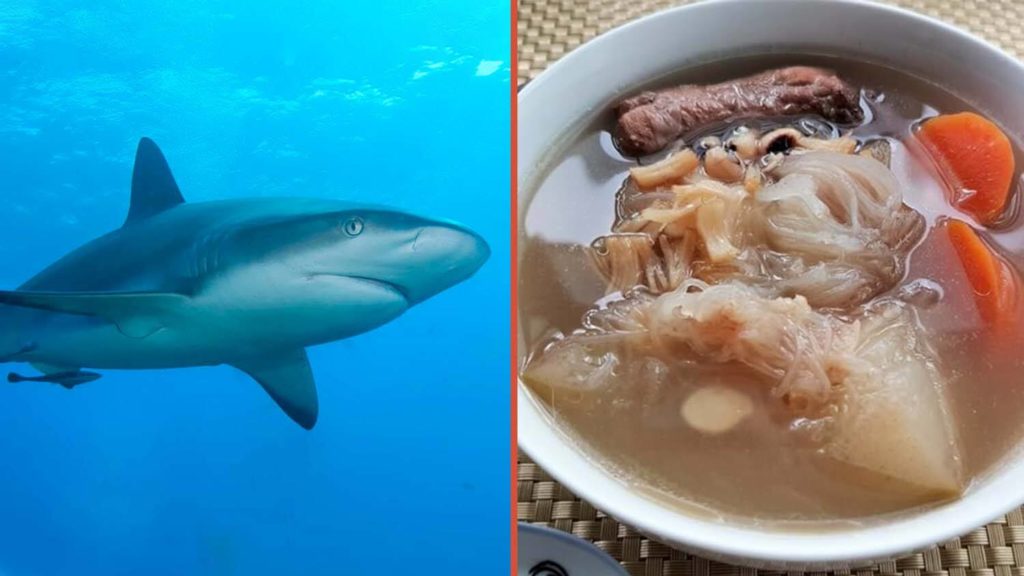(Updated July 21, 2020) | Canada passed the updated Fisheries Act (Bill C-68) in February 2018. It officially banned the import and export of shark fins.
Canada already has a ban on the practice of shark finning in its waters, but shark fins from other countries were still permitted. According to Toronto-based nonprofit Oceana Canada, the fins of 73 million sharks end up in the global trade each year.
“This is a huge victory for sharks. And for the many Canadians, advocacy groups and politicians who joined together to champion the ban of this cruel practice,” Kim Elmslie, campaign director at Oceana Canada, said in a statement. “We applaud everyone’s efforts, including Senator Michael MacDonald and MP Fin Donnelly. [They] initiated and championed the private members bill calling for a ban.”
https://youtu.be/4xVbbnPMI4s
What Is Shark Finning?
Outside of Asia, Canada was the largest importer of shark fins. Businesses imported more than 170,000 kilograms of shark fins in 2017. Restaurants use the fins to make shark fin soup. Restaurants also serve the luxury food affluent weddings and banquets in Chinese culture. Seventy-one percent of the samples collected were from at-risk species.
The practice of obtaining the fins involves capturing live sharks, cutting the majority of their fins, then throwing the live shark back into the ocean. Finless sharks will sink to the bottom of the ocean. There, they die of suffocation. Or they are eaten by other predators.

The Link Between Sharks and Climate Change
A healthy shark population is critical to healthy marine ecosystems. Sharks are apex predators, but their numbers are threatened by overfishing, habitat destruction, and climate change. According to Oceana, warmer temperatures robs water of oxygen, making it more acidic. This makes it difficult for sharks to locate prey. Acidic water causes breathing difficulties for larger, migratory species like great whites. There are other consequences of lower shark populations that could impact the entire planet.
“A dramatic drop in shark populations can ultimately reduce the numbers of phytoplankton. [They] produce more than half of the world’s oxygen. Without sharks, the ecosystem will collapse and humans will be greatly affected by it,” explained veterinary tech Kendra Luckow, who successfully campaigned for Delta City in British Columbia to pass a ban on shark finning earlier this year.
Phytoplankton are also the primary source of food for marine creatures such as bivalves, which act as living filtration systems. A drop in scallops, clams, and other bivalves can lead to higher instances of algal blooms and dead zones — areas of the ocean completely devoid of life — in coastal areas.
Shark Conservation Efforts
Vancouver-based conservation group Shark Truth works to educate the public about the practice and the impacts it has on shark populations.
Cecile Yuen, a member of the group praised the bill, saying “We definitely feel it is a positive step.”
She described efforts to honor both Chinese tradition and shark conservation as successful. “[W]edding couples are choosing to ask for a menu without shark fin soup,” she said.
According to the non-profit’s website, it has saved 8,000 sharks through its campaigns which have diverted 80,000 bowls of the traditional soup. Such campaigns include Happy Hearts Love Sharks, which incentivizes couples to say no to the soup by offering the chance to win luxury prizes.
Cruelty-free cosmetic brand Lush makes a vegan Shark Fin Soap, where 100 percent of the proceeds go toward grassroots organizations supporting ocean conservation.


